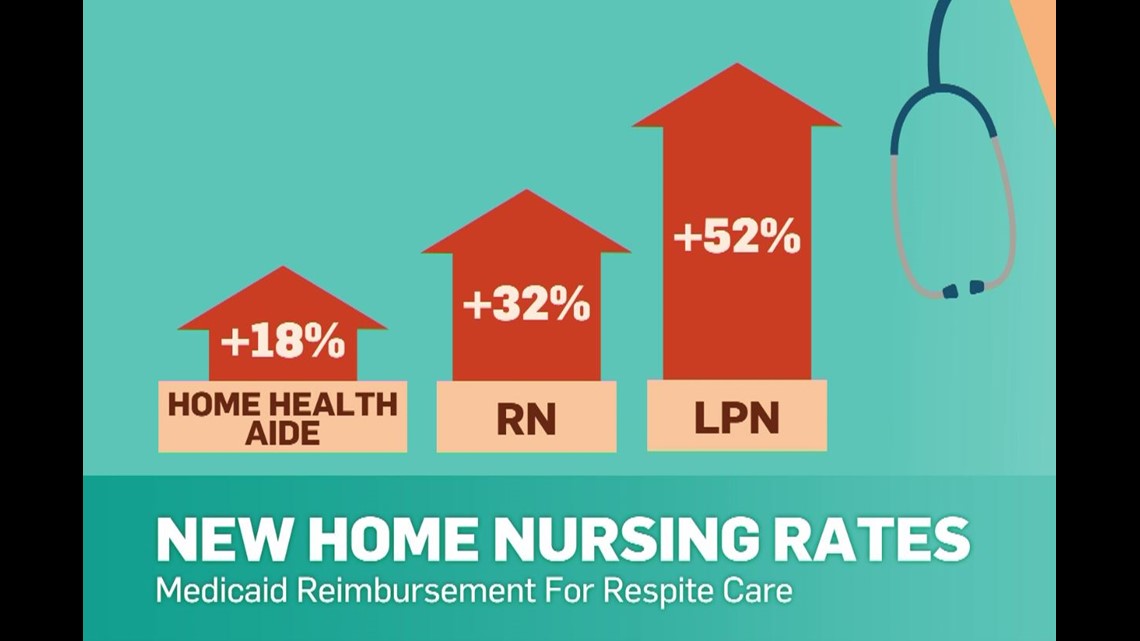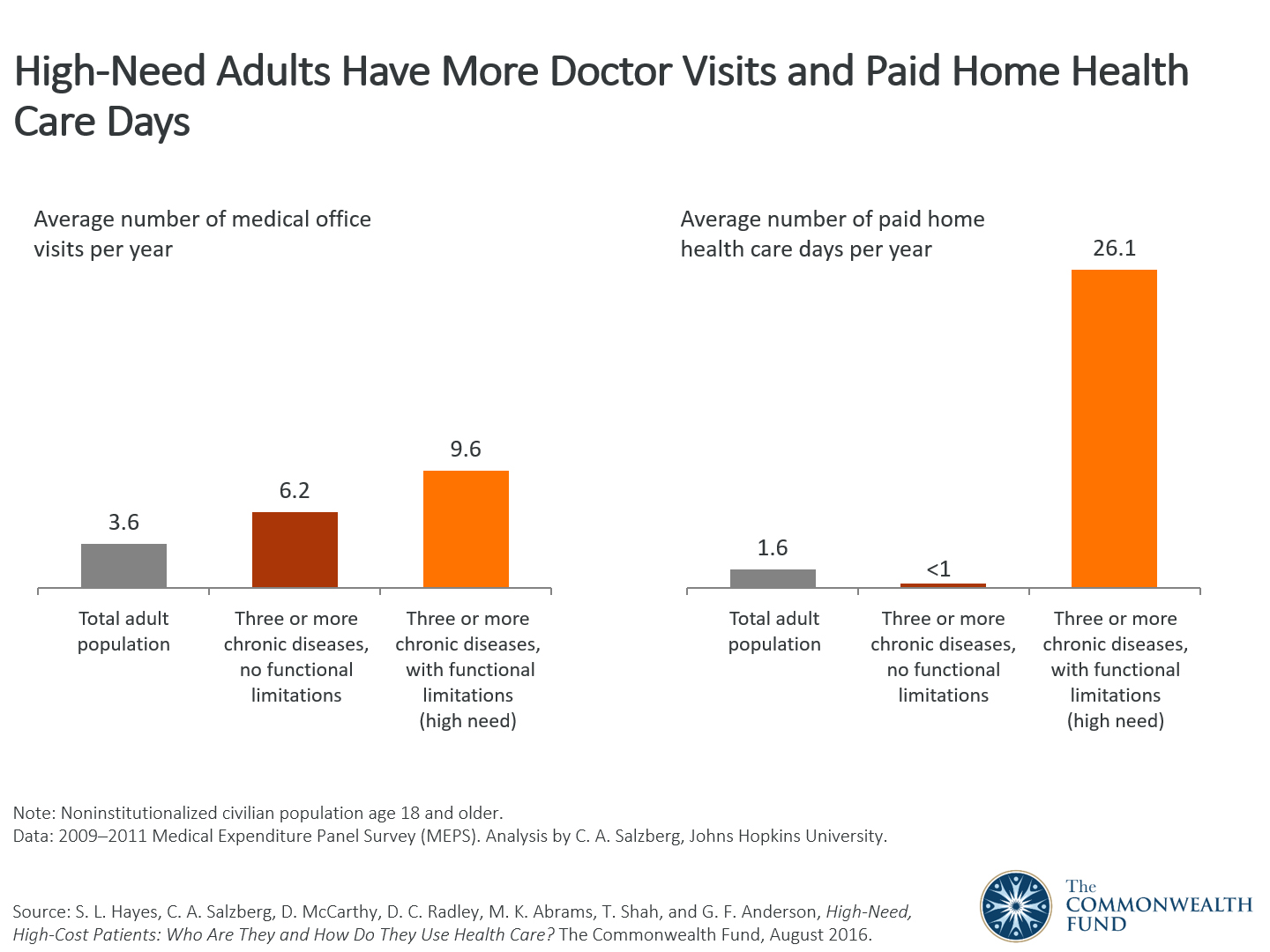This is based upon danger pooling. The social medical insurance design is likewise referred to as the Bismarck Model, after Chancellor Otto von Bismarck, who introduced the first universal healthcare system in Germany in the 19th century. The funds generally contract with a mix of public and private providers for the arrangement of a specified advantage package.
Within social health insurance coverage, a variety of functions may be carried out by parastatal or non-governmental sickness funds, or in a few cases, by private medical insurance companies. Social medical insurance is used in a number of Western European nations and significantly in Eastern Europe as well as in Israel and Japan.
Private insurance includes policies offered by industrial for-profit companies, non-profit companies and community health insurance companies. Usually, personal insurance is voluntary in contrast to social insurance programs, which tend to be compulsory. In some nations with universal coverage, private insurance typically excludes certain health conditions that are costly and the state healthcare system can offer coverage.
In the United States, dialysis treatment for end stage renal failure is typically paid for by government and not by the insurance coverage industry. Those with privatized Medicare (Medicare Benefit) are the exception and must get their dialysis paid for through their insurer. However, those with end-stage kidney failure typically can not purchase Medicare Benefit plans - how much does medicare pay for home health care per hour.
The Preparation Commission of India has actually also recommended that the nation should welcome insurance coverage to attain universal health coverage. General tax profits is presently utilized to meet the essential health Helpful hints requirements of all people. A specific kind of private health insurance coverage that has actually frequently emerged, if monetary danger defense mechanisms have just a restricted effect, is community-based medical insurance.
Contributions are not risk-related and there is typically a high level of community involvement in the running of these plans. Universal health care systems differ according to the degree of federal government involvement in providing care or medical insurance. In some nations, such as Canada, the UK, Spain, Italy, Australia, and the Nordic nations, the federal government has a high degree of participation in the commissioning or shipment of health care services and gain access to is based upon house rights, not on the purchase of insurance.
In some cases, the health funds are stemmed from a mixture of insurance premiums, salary-related obligatory contributions by staff members or companies to regulated sickness funds, and by federal government taxes. These insurance based systems tend to compensate personal or public medical service providers, typically at greatly regulated rates, through mutual or publicly owned medical insurance companies.
A Biased View of How To Start A Home Health Care Business
Universal healthcare is a broad principle that has actually been executed in a number of ways. The common measure https://www.openlearning.com/u/brevard-qg8udy/blog/WhatFactorsHaveInfluencedTheCostOfHealthCareAndMedicalServicesInOurSocietyThingsToKnowBeforeYouBuy/ for all such programs is some kind of federal government action targeted at extending access to health care as commonly as possible and setting minimum requirements. A lot of carry out universal health care through legislation, regulation, and taxation.
Typically, some expenses are borne by the client at the time of usage, but the bulk of costs originated from a combination of obligatory insurance and tax earnings. Some programs are spent for totally out of tax profits. In others, tax profits are utilized either to fund insurance coverage for the really poor or for those requiring long-lasting persistent care.

This is a method of organising the delivery, and allocating resources, of healthcare (and possibly social care) based on populations in a provided geography with a common requirement (such as asthma, end of life, urgent care). Rather than focus on institutions such as medical facilities, primary care, neighborhood care etc. the system focuses on the population with a common as a whole.
where there is health inequity). This method encourages incorporated care and a more effective use of resources. The United Kingdom National Audit Office in 2003 released a worldwide contrast of 10 various health care systems in 10 developed nations, nine universal systems against one non-universal system (the United States), and their relative expenses and essential health results.
In many cases, government participation also consists of directly handling the healthcare system, however numerous nations utilize mixed public-private systems to provide universal healthcare. World Health Organization (November 22, 2010). Geneva: World Health Company. ISBN 978-92-4-156402-1. Obtained April 11, 2012. " Universal health coverage (UHC)". Obtained November 30, 2016. Matheson, Don * (January 1, 2015).
International Journal of Health Policy and Management. 4 (1 ): 4951. doi:10.15171/ ijhpm. 2015.09. PMC. PMID 25584354. Abiiro, Gilbert Abotisem; De Allegri, Manuela (July 4, 2015). " Universal health coverage from several perspectives: a synthesis of conceptual literature and global disputes". BMC International Health and Human Rights. 15: 17. doi:10.1186/ s12914-015-0056-9. ISSN 1472-698X.
PMID 26141806. " Universal health protection (UHC)". World Health Company. December 12, 2016. Recovered September 14, 2017. Rowland, Diane; Telyukov, Alexandre V. (Fall 1991). " Soviet Health Care From 2 Point Of Views" (PDF). Health Affairs. 10 (3 ): 7186. doi:10.1377/ hlthaff. 10.3.71. PMID 1748393. "OECD Reviews of Health Systems OECD Reviews of Health Systems: Russian Federation 2012": 38.
Unknown Facts About Which Countries Have Universal Health Care
" Social welfare; Social security; Benefits in kind; National health plans". The new Encyclopdia Britannica (15th ed.). Chicago: Encyclopdia Britannica. ISBN 978-0-85229-443-7. Retrieved September 30, 2013. Richards, Raymond (1993 ). " 2 Social Security Acts". Closing the door to destitution: the shaping of the Social Security Acts of the United States and New Zealand.
p. 14. ISBN 978-0-271-02665-7. Obtained March 11, 2013. Mein Smith, Philippa (2012 ). " Making New Zealand 19301949". A succinct history of New Zealand (2nd ed.). Cambridge: Cambridge University Press. pp. 16465. ISBN 978-1-107-40217-1. Retrieved March 11, 2013. Serner, Uncas (1980 ). "Swedish health legislation: turning points in reorganisation because 1945". In Heidenheimer, Arnold J.; Elvander, Nils; Hultn, Charly (eds.).
New York City: St. Martin's Press. p. 103. ISBN 978-0-312-71627-1. Universal and extensive health insurance coverage was disputed at periods all through the 2nd World War, and in 1946 such a bill was voted in Parliament. For monetary and other reasons, its promulgation was postponed up until 1955, at which Substance Abuse Treatment time coverage was extended to consist of drugs and illness payment, also.
( September 1, 2004). " The developmental welfare state in Scandinavia: lessons to the developing world". Geneva: United Nations Research Institute for Social Development. p. 7. Retrieved March 11, 2013. Evang, Karl (1970 ). Health services in Norway. English version by Dorothy Burton Skrdal (3rd ed.). Oslo: Norwegian Joint Committee on International Social Policy.
23. OCLC 141033. Considering that 2 July 1956 the whole population of Norway has been consisted of under the required health nationwide insurance coverage program. Gannik, Dorte; Holst, Erik; Wagner, Mardsen (1976 ). "Primary health care". The nationwide health system in Denmark. Bethesda: National Institutes of Health. pp. 4344. hdl:2027/ pur1.32754081249264. Alestalo, Matti; Uusitalo, Hannu (1987 ).
In Plants, Peter (ed.). Development to limits: the Western European well-being states because The second world war, Vol. 4 Appendix (synopses, bibliographies, tables). Berlin: Walter de Gruyter. pp. 13740. ISBN 978-3-11-011133-0. Retrieved March 11, 2013. Taylor, Malcolm G. (1990 ). "Saskatchewan medical care insurance". Guaranteeing nationwide health care: the Canadian experience. Chapel Hill: University of North Carolina Press.

96130. ISBN 978-0-8078-1934-0. Maioni, Antonia (1998 ). " The 1960s: the political battle". Parting at the crossroads: the emergence of medical insurance in the United States and Canada. Princeton: Princeton University Press. pp. 12122. ISBN 978-0-691-05796-5. Obtained September 30, 2013. Kaser, Michael (1976 ). "The USSR". Health care in the Soviet Union and Eastern Europe.